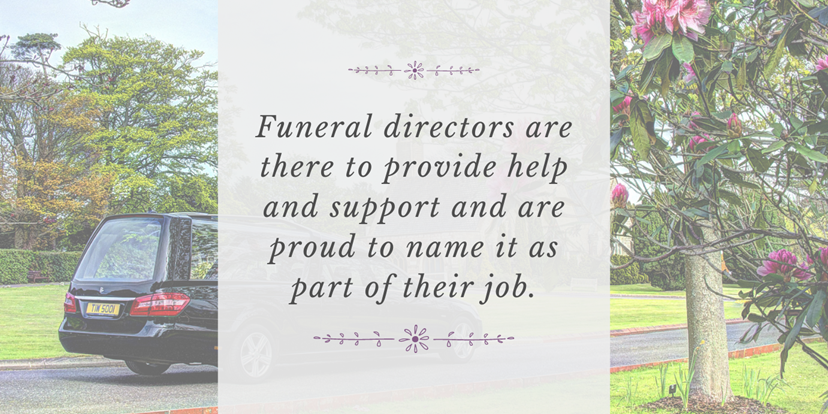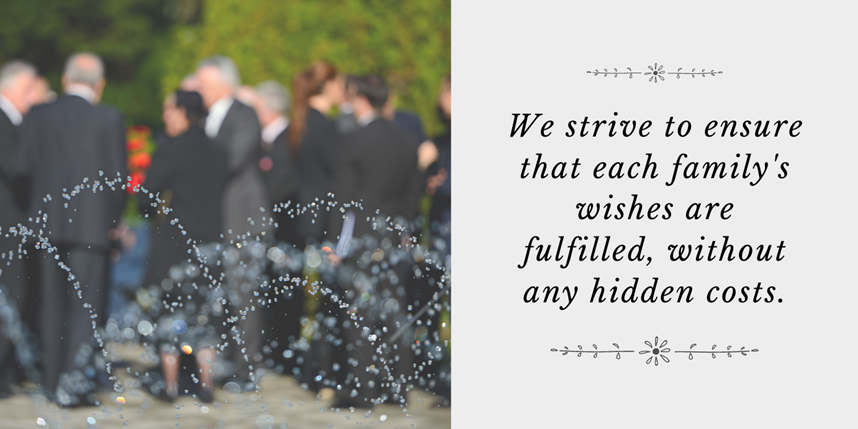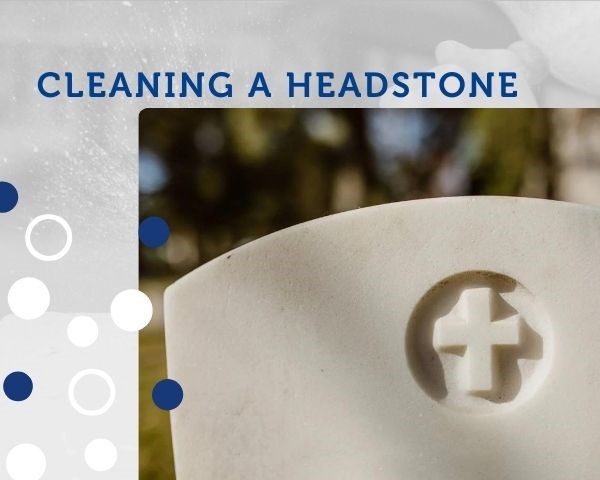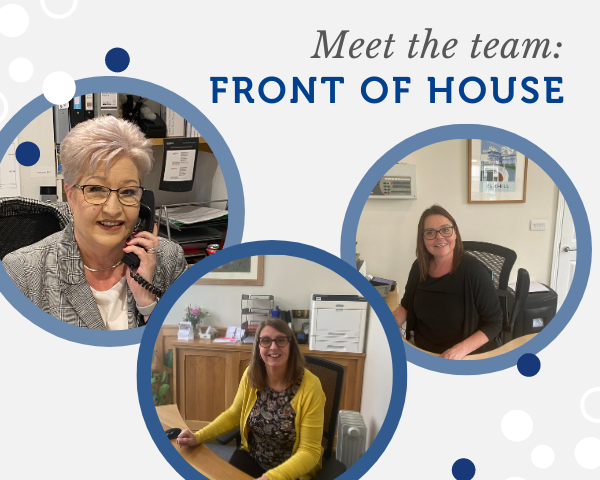The Role of a Funeral Director
Find the day-to-day of a Funeral Director interesting? We are currently expanding our team and looking to hire a new position in this role. Click here to find out more.
What it means to be a Funeral Director can differ from person to person and role to role. At Towners, we have a longstanding care for the duties our directors fulfill and are keen to go above and beyond them to ensure families’ wishes are fulfilled. We spoke to Oliver, our Managing Director, to answer some of the questions we hear commonly asked.
Can you describe the process of planning a funeral service?
"When it comes to planning a funeral service, our priority is to provide families with the guidance they need while respecting their space and timing," says Oliver. The process typically begins when families visit the Towners website or make the first call after the death of their loved one. Oliver explains that once the death is verified, the deceased person is taken into the care of the funeral home. Towners prioritize allowing families to make the first call, giving them the agency to initiate the funeral arrangements when they feel ready. Oliver also emphasizes the importance of registering the death, which enables the team to proceed with the necessary arrangements. During the consultation, the funeral director sits down with the family, offering support and understanding while gathering information to create a personalized funeral from start to finish.

How do you work with families to ensure their wishes are fulfilled?
"We strive to ensure that each family's wishes are fulfilled, without any hidden costs," says Oliver. While some funeral directors may offer pre-packaged options, Towners takes a different approach. Oliver describes their system of working closely with families, determining their specific requirements to provide a transparent and stress-free quotation. Whether it's a direct cremation or a more elaborate service with unique elements such as a horse-drawn carriage, Oliver assures customers that additional features are separate from the core services provided by Towners. Throughout the process, the funeral director works closely with the family, serving as a constant point of contact to ensure their wishes are met to the letter.
What are some of the challenges you face as a funeral director? How do you address them?
Oliver admits: "We can experience anxiety dreams, waking up at 3 am with fears of being in charge of such a life-changing moment." To address this, Oliver and his team adopt a meticulous approach, double and triple-checking every detail to ensure a seamless service. Additionally, funeral directors must juggle the workload and the emotional demands of the job. Even when away from the office, they may still receive emails and phone calls. However, Oliver reassures that funeral directors are there to provide help and support, and are proud to name it as part of their job.
What is it like to work with customers who have recently lost someone, and how do you go about providing support and comfort?
Working with bereaved families requires a delicate balance of empathy and professionalism. Oliver stresses the importance of patience, understanding, and acknowledging the uniqueness of each person's grief. He emphasizes that emotional intelligence is a key attribute in recruitment, as it is something that allows funeral directors to notice and cater to the diverse needs of their customers.

How do you stay up to date with the latest trends and regulations in the industry?
To stay ahead of the evolving funeral industry, funeral directors must actively engage with industry peers and professional organizations. Oliver mentions the Society of Allied and Independent Funeral Directors (SAIF) and the Association of Green Funeral Directors (AGFD) as valuable sources of knowledge and networking. By staying connected and proactively seeking new ideas and trends, funeral directors at Towners aim to provide innovative services and incorporate environmental standards into their practices. These include natural burials, green funerals and humanist ceremonies.
What changes would you like to see to improve the industry?
Oliver is passionate about driving the funeral industry forward. He highlights the need for greater diversity within the industry, encouraging fresh perspectives and ideas. Furthermore, he emphasizes the importance of addressing challenges and exploring ways to benefit the living. Oliver references an article on human composting, showcasing the potential for new environmentally friendly practices. Ultimately, he envisions a funeral industry that prioritizes community service over business interests, with fair pricing and a goal to welcoming new ideas.
Are you able to share an example of a particularly memorable service that you helped to plan?
“There are many I could talk about that I still remember to this day,” Oliver said, saying that a true celebration of a life was when someone loved the Rocky Horror Show, so their friends and family asked if one of our bearers could come dressed as Frank-N-Furter, suspenders and full costume, our chap was all too happy to oblige! Another was when a family simply sat in a circle, passing photos and memories around, laughing, crying and coming together. Lastly, one piece of music he found memorable was Ring of Fire for a cremation – “There’s so much that can happen and so many different requests,” he said, “and each of them is memorable for their own reason.”
Funeral directors like Oliver play a crucial role in the funeral industry, providing compassionate support, personalized services, and professionalism to families during their time of grief. With a commitment to transparency, continuous learning, and innovative approaches, funeral directors take pride in ensuring each service reflects the unique wishes and needs of the families they serve. By embracing diversity, staying proactive, and valuing community service, funeral directors contribute to an industry that evolves to meet the ever-changing demands of its customers.




